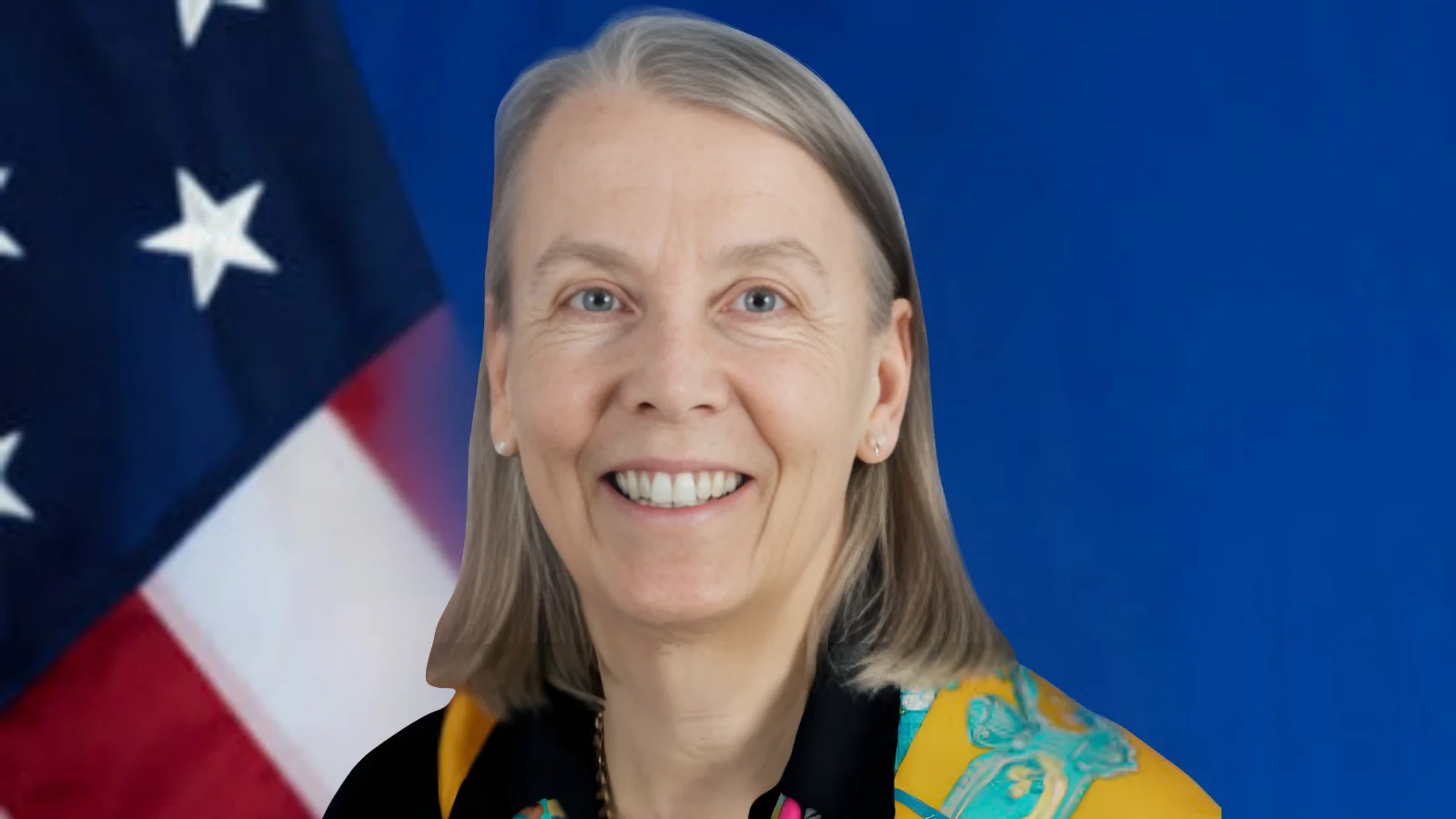At a United Nations Security Council briefing in New York, Ambassador Dorothy Shea, Acting U.S. Representative, addressed the ongoing violence in eastern Democratic Republic of the Congo (DRC). The meeting was convened by the United States due to what it described as an alarming rise in attacks that have resulted in numerous civilian deaths.
Ambassador Shea stated, "The United States called this meeting because of an alarming increase in violence in eastern DRC that has resulted in scores of civilian deaths. These attacks go against the spirit and the letter of both the bilateral DRC-Rwanda peace agreement and the DRC-M23 declaration of principles."
She condemned recent killings attributed to M23 rebels backed by Rwanda, particularly those targeting civilians in Rutshuru territory and other areas. "Let me be clear: the killings perpetrated by the Rwanda-backed M23, against civilians in Rutshuru territory and elsewhere, are horrifying, and the United States condemns them in the strongest terms," she said.
Shea also referenced U.S. government information confirming clashes between M23 forces—supported by elements of the Rwandan Defense Force—and Congolese troops near Mulamba in South Kivu province beginning August 8. She expressed concern about reports indicating some armed groups attacking civilians with support from certain members of the Congolese army in North Kivu and South Kivu.
The ambassador highlighted recent attacks on Christians by ISIS-DRC as further evidence of instability across eastern DRC. She acknowledged efforts by UN agencies and non-governmental organizations to document these incidents and criticized attempts to undermine reporting from OHCHR and MONUSCO.
Addressing diplomatic efforts, Shea emphasized expectations for both DRC and Rwanda to cease hostilities and resolve disputes through peaceful means as outlined by a Joint Oversight Committee formed under a June 27th peace agreement. She added that both DRC and M23 should honor commitments made under a Declaration of Principles signed in Doha, which calls for a permanent ceasefire.
"The United States will hold accountable spoilers to peace and we call on Council members to do the same. The peace agreement and the Declaration of Principles are public. This is both to ensure that the people in the region can see a pathway towards peace and prosperity, but also to help ensure all parties live up to their obligations and commitments," Shea said.
On August 12th, as part of its response, Washington imposed sanctions on four entities involved with producing or trading conflict minerals from eastern DRC.
Shea welcomed regional initiatives including an African Union-hosted security coordination meeting on August 7 that launched operational plans for neutralizing FDLR militants and lifting defensive measures by Rwanda. She urged prompt implementation of agreed steps—including withdrawal of Rwandan forces from Congolese territory—as required under recent agreements.
Diplomatic efforts led by Qatar were recognized for facilitating talks between Kinshasa’s government and M23 representatives; similar appreciation was extended toward ICRC confidence-building measures as well as mediation led by Togo’s president under mandates from African regional organizations EAC (East African Community) and SADC (Southern African Development Community).
Shea noted that progress toward economic integration depends on adherence to obligations set out during peace negotiations. The U.S., she said, stands ready to invest if local governance is restored under structures representing community interests.
"Colleagues, addressing the crisis in North and South Kivu is among the first steps necessary to advancing peace in eastern DRC. To this end, all of us must hold to account ISIS-DRC, armed groups, and other destabilizers for their egregious actions and insist all parties honor their obligations and commitments," she concluded.

